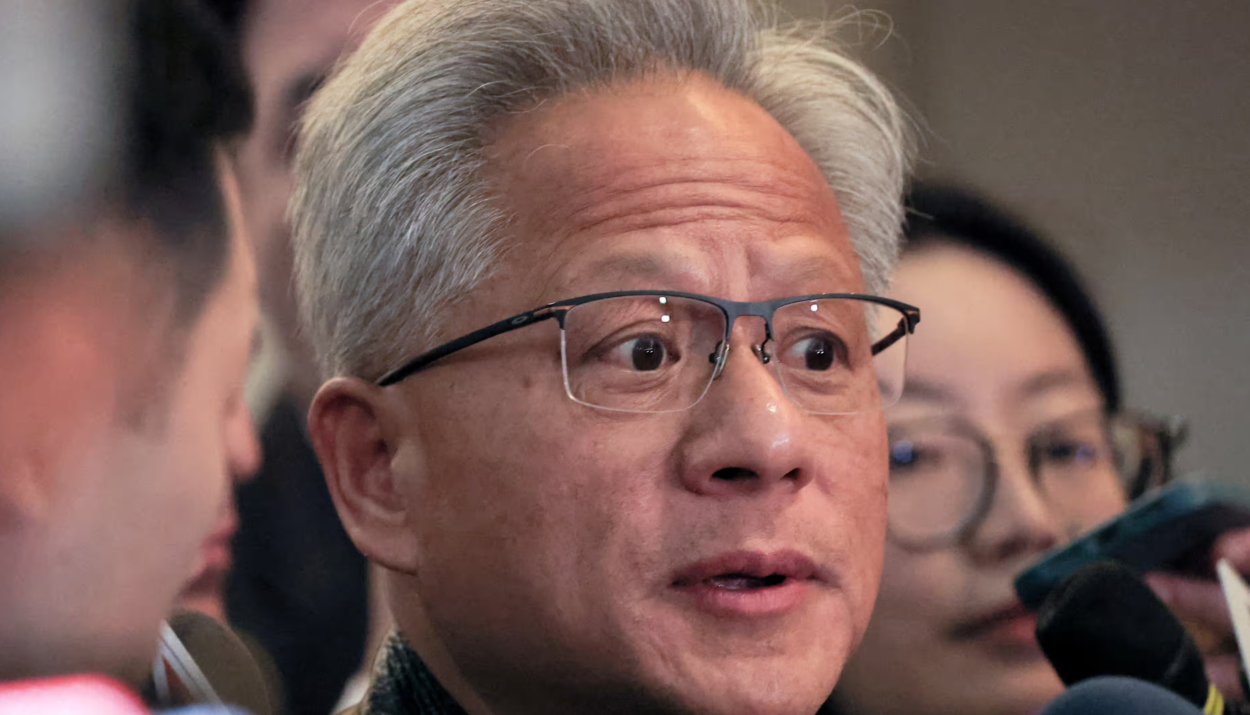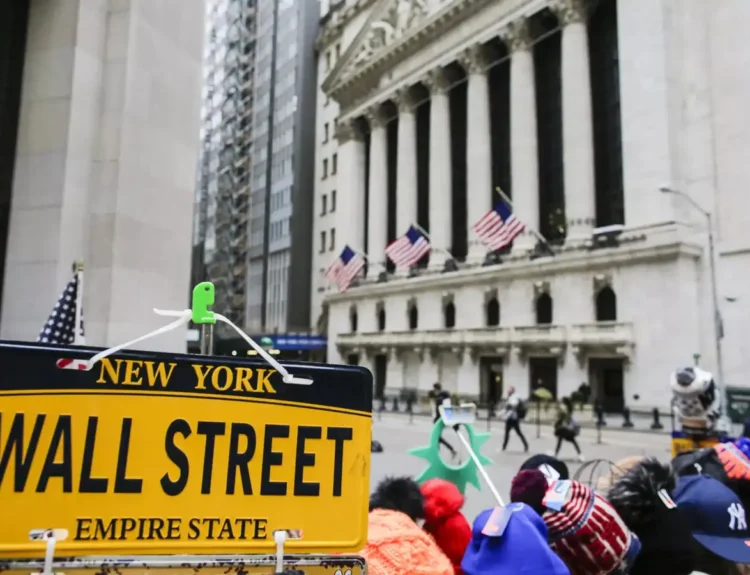“China is a very important market for Nvidia, and we hope to continue to cooperate.” — Jensen Huang, in Beijing
Nvidia CEO Jensen Huang made a surprise visit to Beijing this week, just days after the Biden administration imposed fresh export restrictions on the chipmaker’s H20 AI GPUs. The move comes as Nvidia faces a $5.5 billion earnings hit and intensifying pressure from both Washington and Beijing over its business in China.
According to FT, Huang met with Vice Premier He Lifeng and Ren Hongbin, chairman of the China Council for the Promotion of International Trade, stating during the meetings: “China is a very important market for Nvidia and we hope to continue to cooperate.”
The visit, reportedly at the invitation of a trade organization, marks Huang’s second trip to China in recent months. According to China Daily, it follows his January commitment to continued cooperation with China and came with the hashtag #OpportunityChina—a symbol used in pro-trade Chinese messaging.
The trip also included a high-level meeting with DeepSeek founder Liang Wenfeng. Sources told the Financial Times the discussion centred on designing AI chips for DeepSeek that would comply with updated U.S. export rules. The meeting follows concerns raised by U.S. lawmakers over DeepSeek’s rapid rise and potential access to restricted Nvidia technology.
In public remarks, Huang stressed:
“US tightening of chip export control has significant impact on Nvidia’s business.”
“To continue to strive to optimize product line-up in line with regulatory requirements.”
His arrival stirred buzz on Chinese and Taiwanese social media, where the Taiwan-born executive is widely regarded as a tech icon.
The backdrop to Huang’s visit is Nvidia’s ongoing strategy to balance innovation with regulation. The company recently announced a $500 billion AI infrastructure expansion plan in the U.S., a move praised by the White House as “the Trump effect in action.” Still, the newly restricted H20 chips were specifically designed to comply with earlier U.S. controls.
Meanwhile, Nvidia continues to outsource production to TSMC, which also plans to expand U.S. operations. Trump’s administration, pushing to bring chipmaking back to American soil, has hinted that exemptions may apply to firms like TSMC that invest domestically.
In his previous comments on navigating this complex geopolitical environment, Huang said: “We’ll continue to do that and we’ll be able to do that just fine.”
As global AI competition intensifies, Nvidia is trying to maintain its leadership without falling afoul of shifting regulatory lines. Huang’s trip signals that despite deepening trade restrictions, Nvidia isn’t backing away from China.










